A rare return to Inverness for Sue Black means a reminder of the Renee MacRae murder case and the “ultimate closure” her family still awaits.
Growing up, Prof Black remembers the disappearance of Renee and her son Andrew and the investigation that sought justice for the next 46 years.
Later, as an internationally-renowned forensic expert, she was directly involved in the search for the bodies which have still not been found.
And it is that unresolved element of the case that still troubles her and, she believes, continues to hang over the community despite the killer’s conviction.
Killer died without revealing bodies’ location
Last year William MacDowell was found guilty of murdering Renee and her three-year-old son Andrew.
The case was one of the biggest unsolved murder cases in Scottish legal history.
MacDowell died five months after being convicted without revealing where the bodies were hidden.
“I know there is some closure for Renee and Andrew’s family because of what happened in the courts,” says Prof Black.
“But the ultimate closure has not yet occurred. The bodies have not come home.”
Prof Dame Sue, Baroness Black of Strome, is visiting her hometown to be presented with an honorary degree from the University of the Highlands and Islands.
She was a teenager when Renee and Andrew disappeared in 1976.
She recalls police visiting her family home in Westhill, which was close to MacDowell’s house, and searching the garage and outhouses.
“My generation is the last to remember it as an active investigation. Over time it will pass into the history of the region.
“But at the moment it has to remain active.
“There will still be cold case investigations if any more information comes forward because finding the bodies is important.
Quarry search raised hopes of finding victims
“It was hoped that MacDowell might have given more information to help find them.
“That would have been the final full stop. That would have helped everyone.”
In 2004 Prof Black took part in a search of Dalmagarry Quarry, near to where Renee’s burnt-out car was found.
The then chief constable Ian Latimer ordered the move after a cold-case review of the deaths gave him “specific reason” to carry out a further search.
However, no new evidence was unearthed.
Prof Black said it was a brave decision and there was hope a new investigation of the quarry may reveal more clues and even the victims’ bodies.
She said: “We knew we had not missed anything. If they had been there we would have found them, but they weren’t.
“Either the information was not correct, or maybe that was the primary site where the bodies were left and they were moved secondarily.
“We don’t know, we would be speculating.”
After that search Prof Black received a letter from Morag Govans, Renee’s sister, thanking her for her efforts.
“She wrote a beautiful letter thanking me for the fact we were still prepared after so many years to try to do the right thing.
“It gave hope to the family that they were not forgotten.
“But we are so dependent on the information we get. It was such a shame.”
‘It’s about giving them a decent and dignified burial’
She added: “No one is questioning that they are no longer alive. But it’s about bringing them home, being able to give them the decent and dignified burial they deserve.
“And being able to remember them in a specific place every day. That’s a closure the family have not got.
“But it goes wider than just the family. I think it remains a bit of a scar for the community in that everyone wants to say now we know where they are that’s finally put to rest.
“It is still not fully resolved. There is still that question mark.
“I feel for the family. There is that element of somebody still missing.
“And there may be more evidence with the bodies that might help answer questions.
“Until that is done it’s unfinished business.”
Her views echo those of Detective Chief Inspector Brian Geddes, who led the re-investigation into the murders.
Following the airing of a documentary on the court case a year after MacDowell’s conviction, he said he wanted to complete the second part of the two-pronged investigation – to find the bodies.
Police later revealed they were looking at four areas around Inverness as possible sites of interest, including a derelict cottage.
Prof Black says there is always hope that new evidence will be found.
“It could be somebody building something, or digging a ditch or whatever.
“It may be when you least expect it that the remains may suddenly appear.
“But you have to follow the intelligence as well. You can’t just wait for fate.”
Honorary degree presented in her home city
Prof Black, the president of St. John’s College Oxford, graduated from Aberdeen University, specialising in human anatomy and forensic anthropology.
Her career has included working as a consultant for the Home Office, Foreign and Commonwealth Office and United Nations and leading on the war crimes investigations in Kosovo.
She has held posts as professor of anatomy and forensic anthropology at Dundee University and pro-vice-chancellor for engagement at Lancaster University.
Prof Black was made a Dame in 2016 and entered the House of Lords as a crossbencher peer in 2021.
Her honorary doctorate was presented at UHI’s nursing and midwifery graduation in Inverness today.
It is her first visit to the city since her father’s death in 2013.
She said although she has “one or two” previous honorary degrees, this is special.
“It’s different for me because it’s my hometown. I can remember when I was growing up my father talking about the need for a university in Inverness.
“He wanted it to be at Cameron Barracks where he was stationed during his national service.
“So the concept of a university for the area was very much in my mind then and it was such a huge step forward to see it happen.
“Now to be small part of it feels lovely.
“If my parents were alive it would be a great moment for them too.”
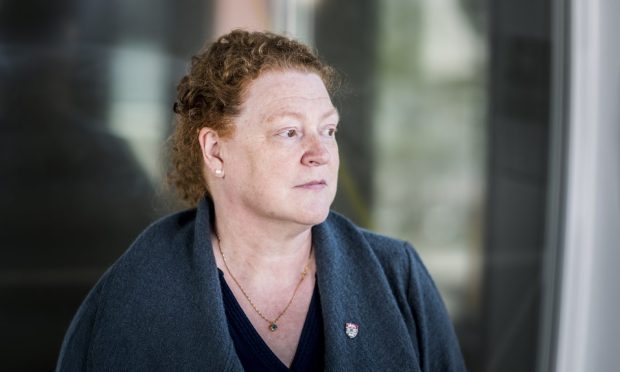

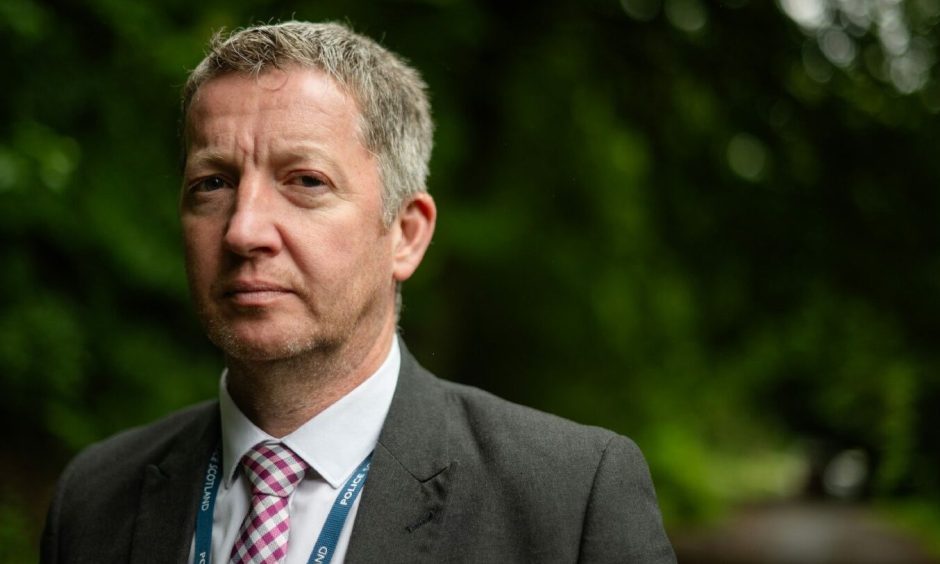
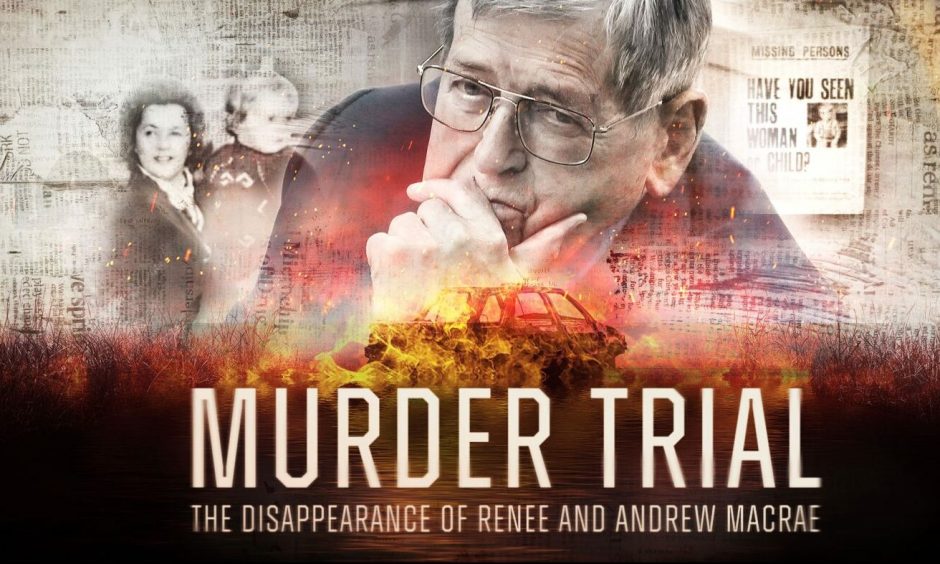
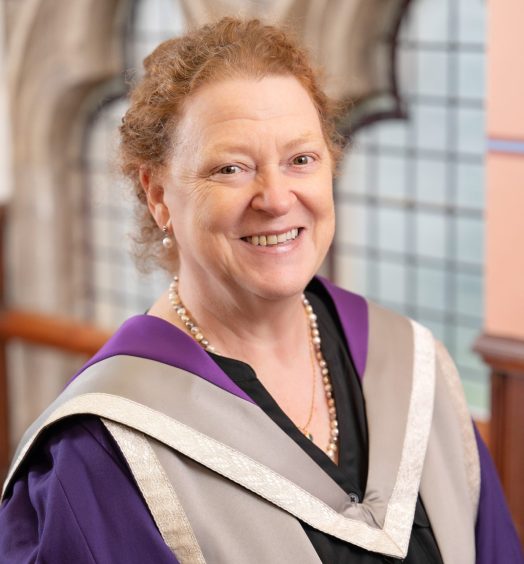
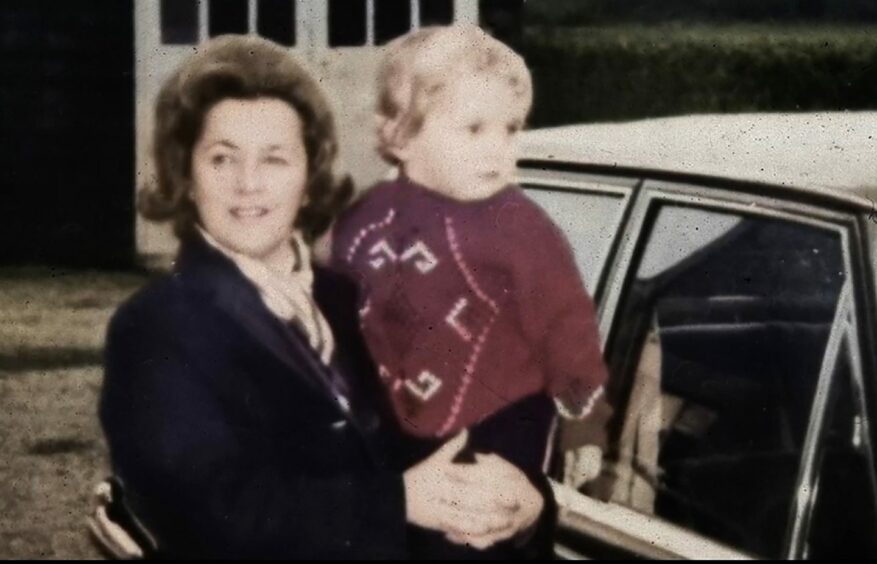
Conversation